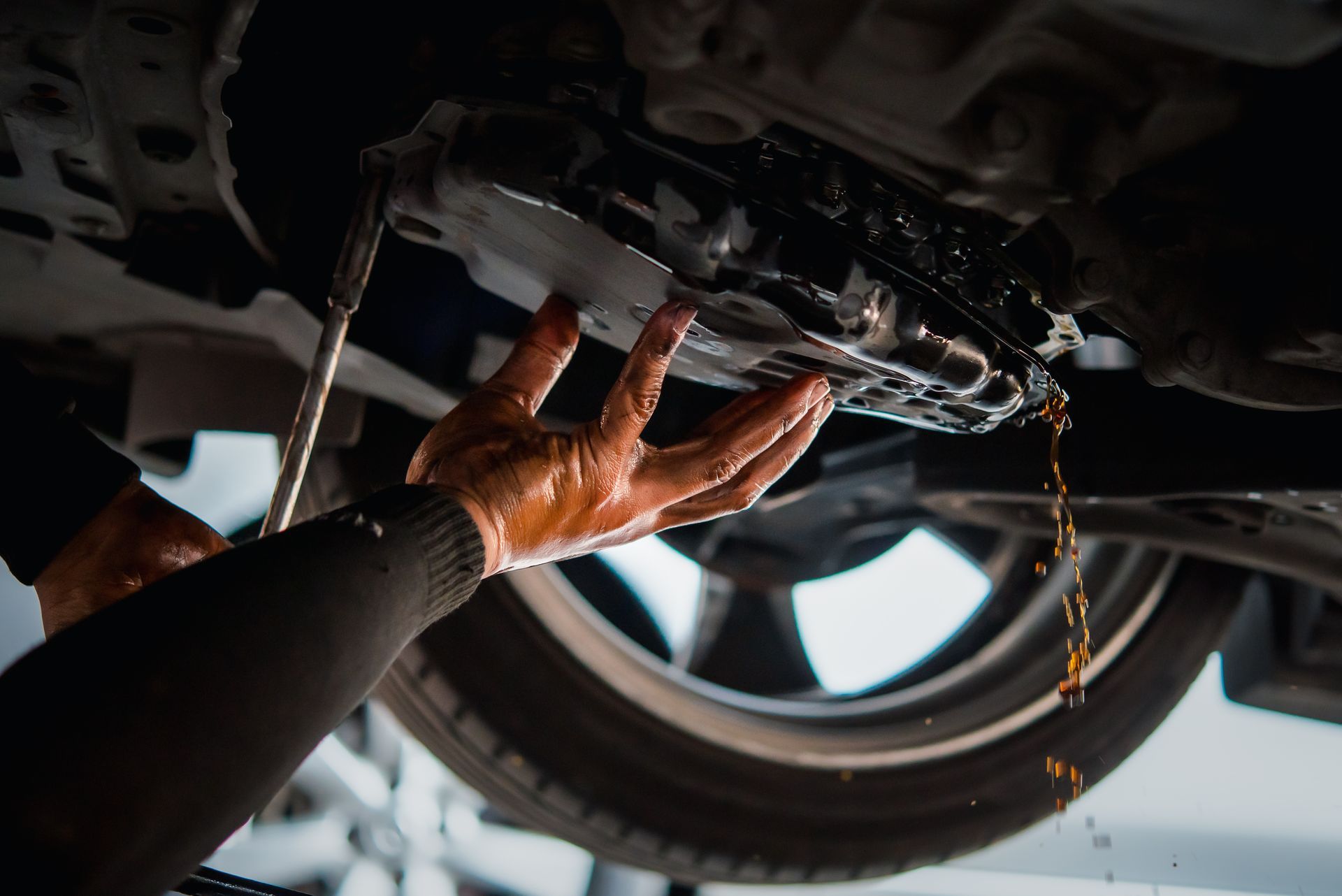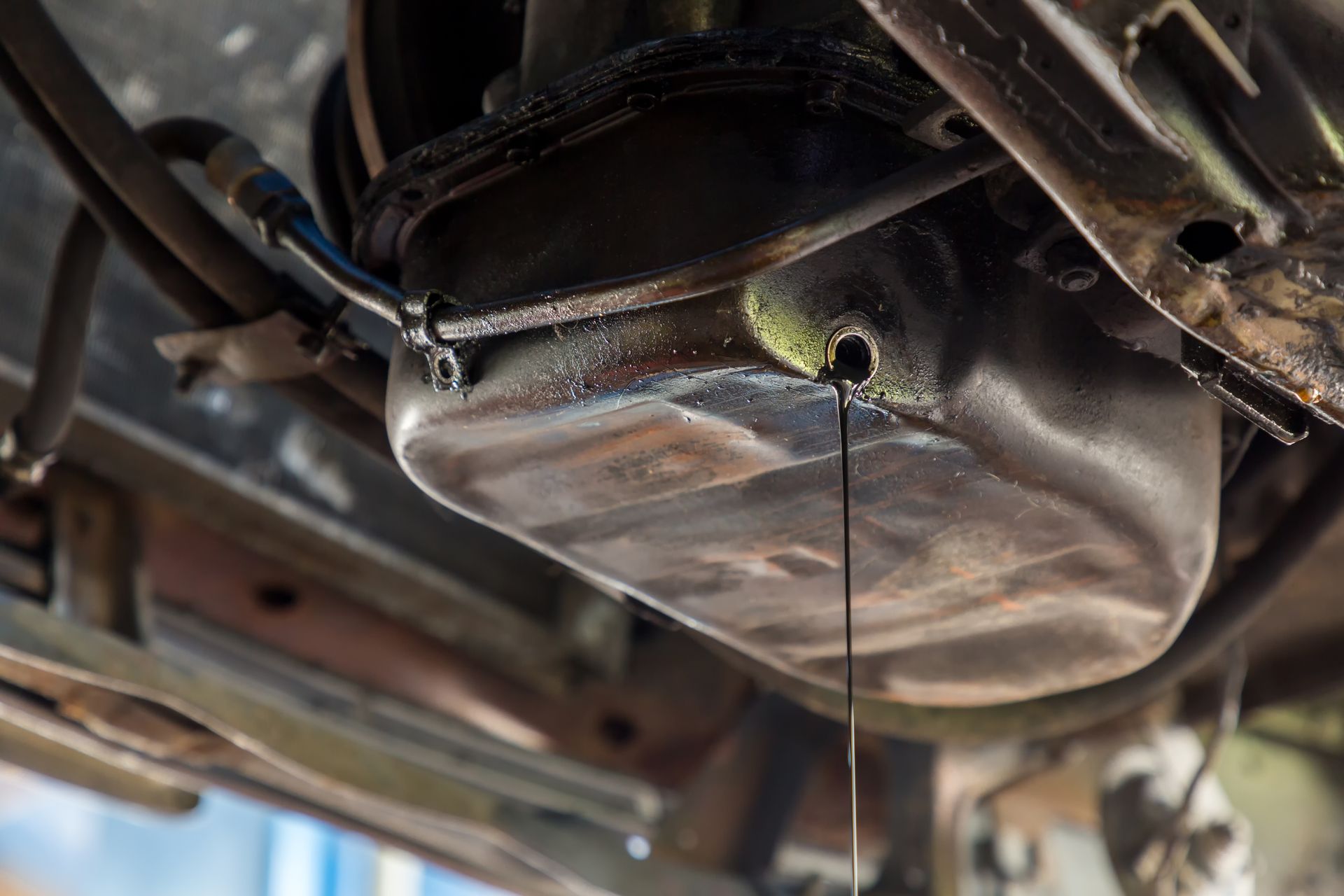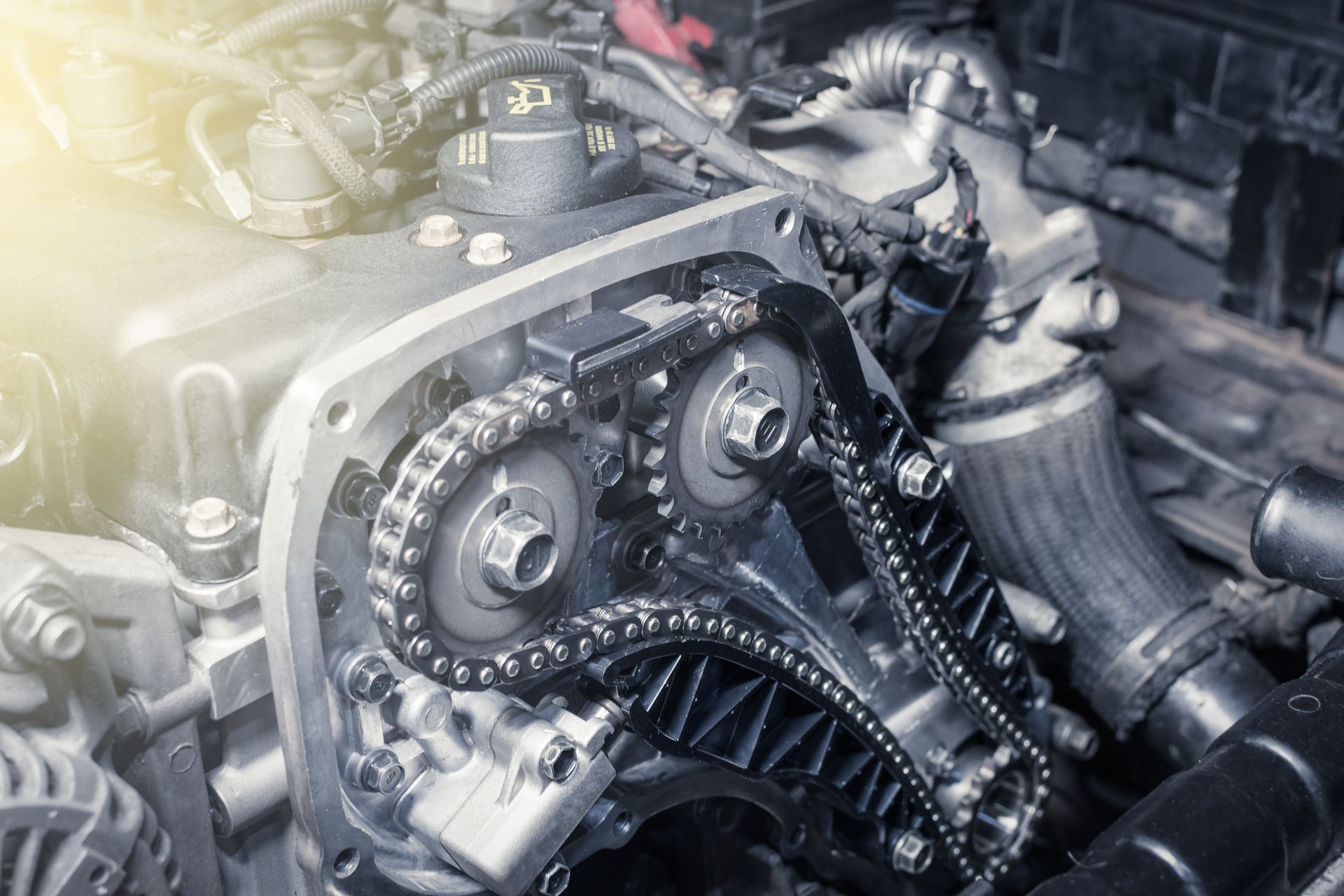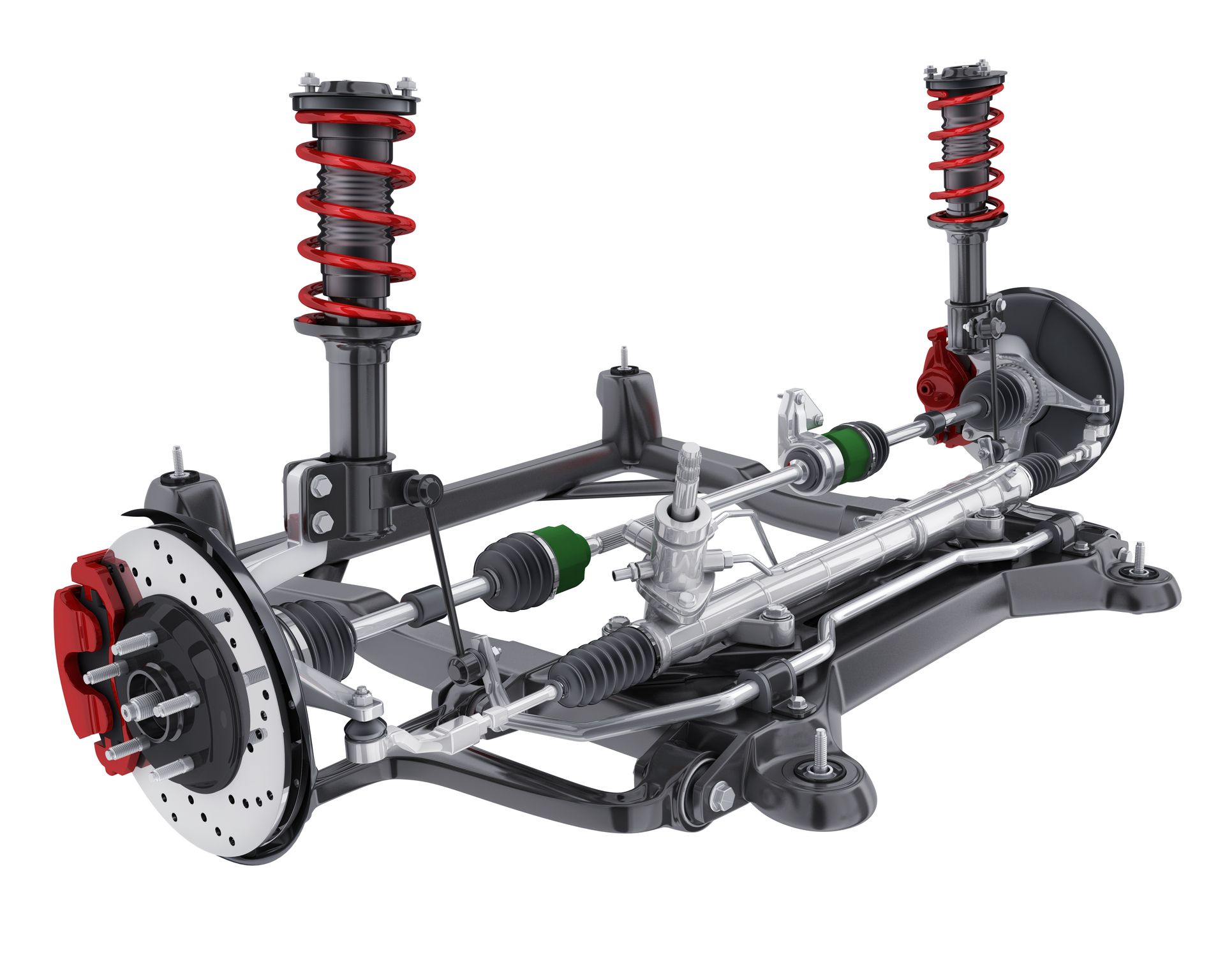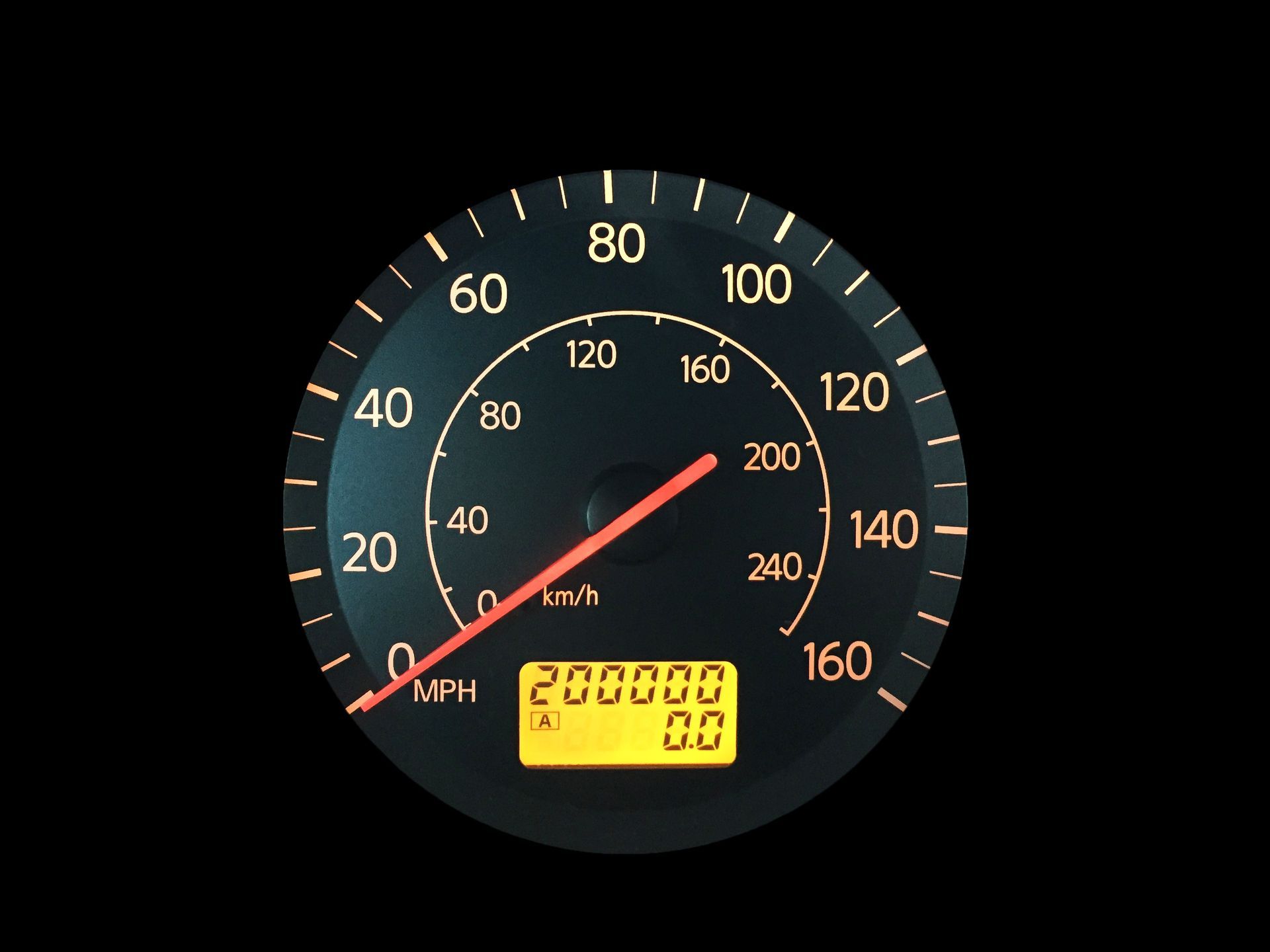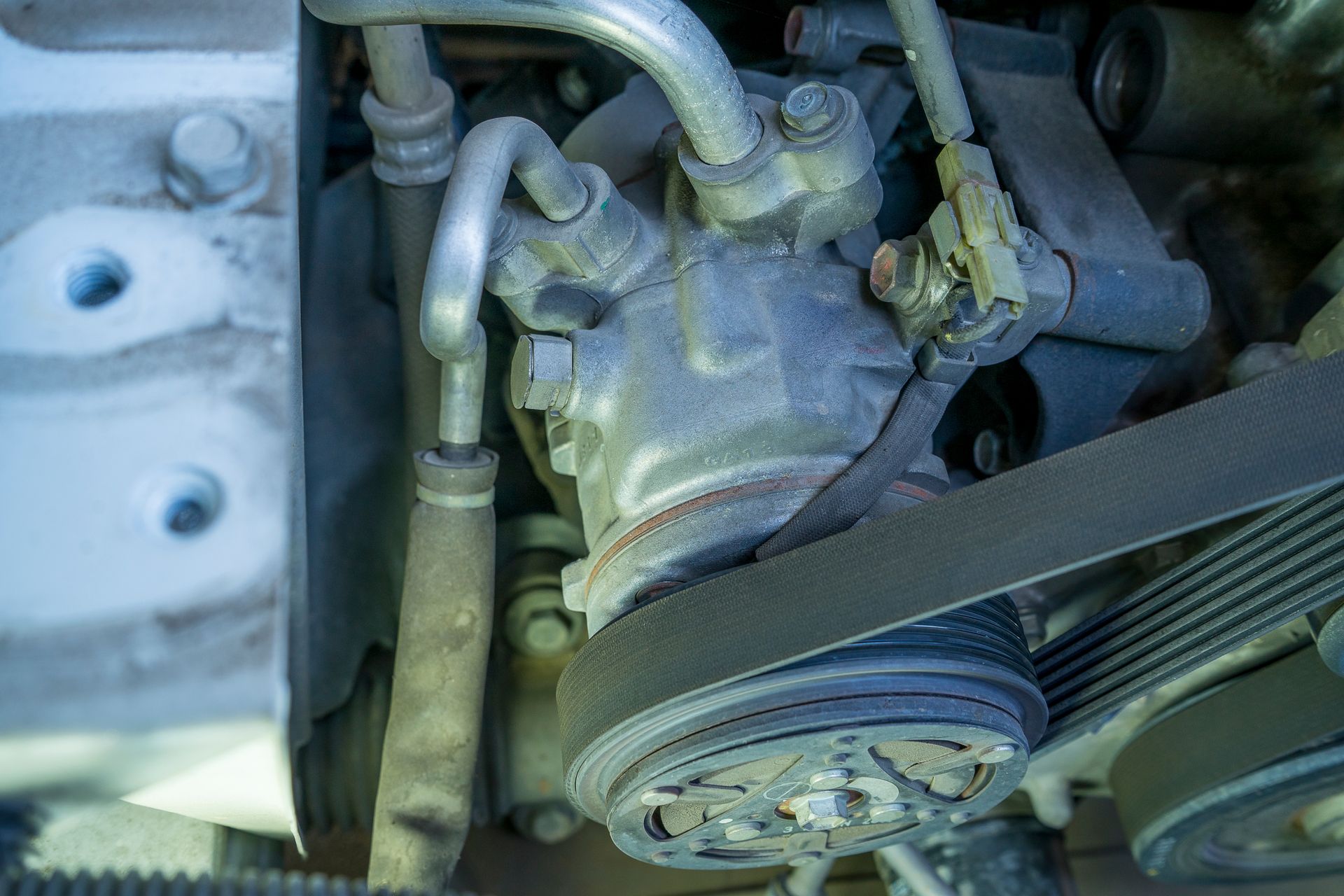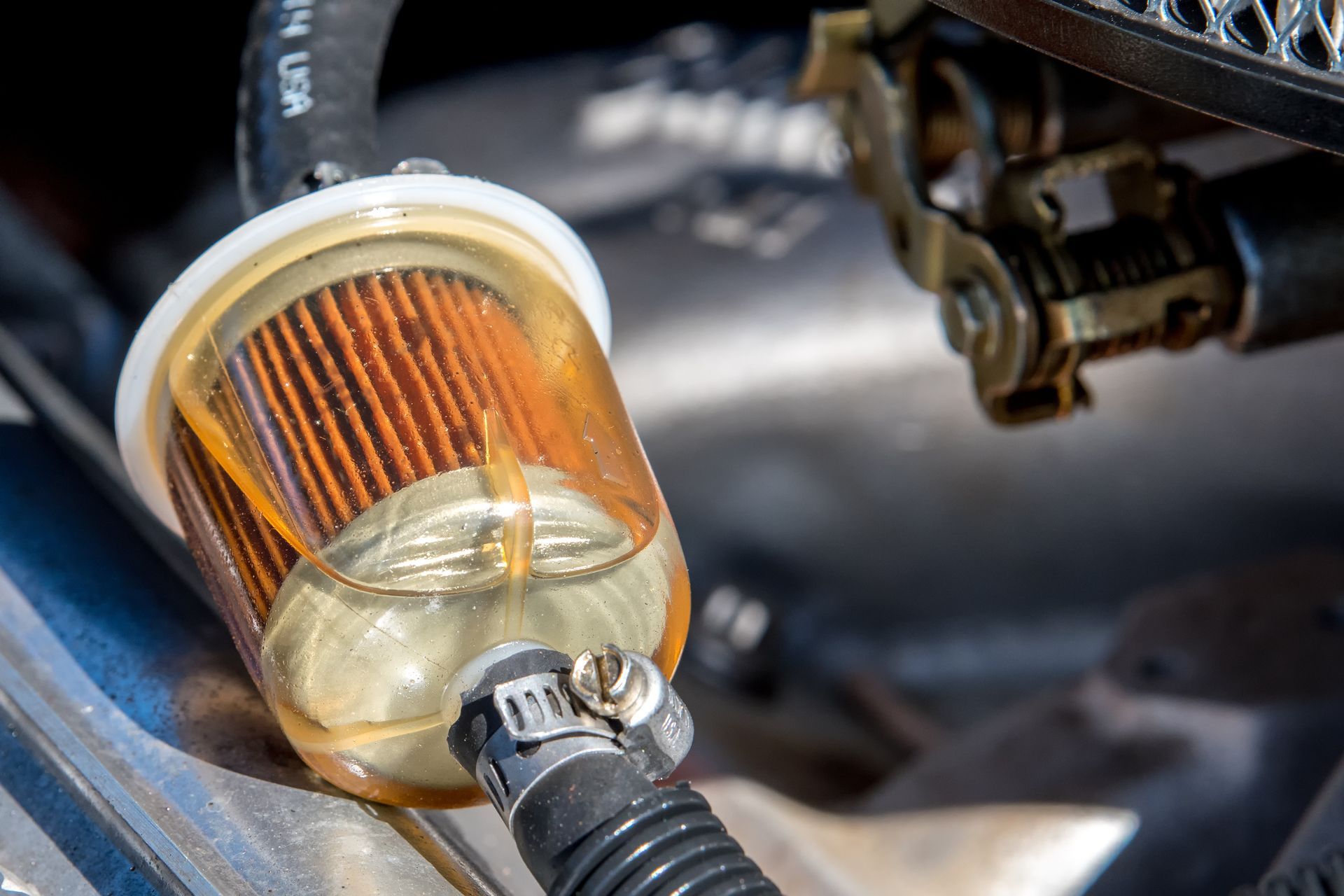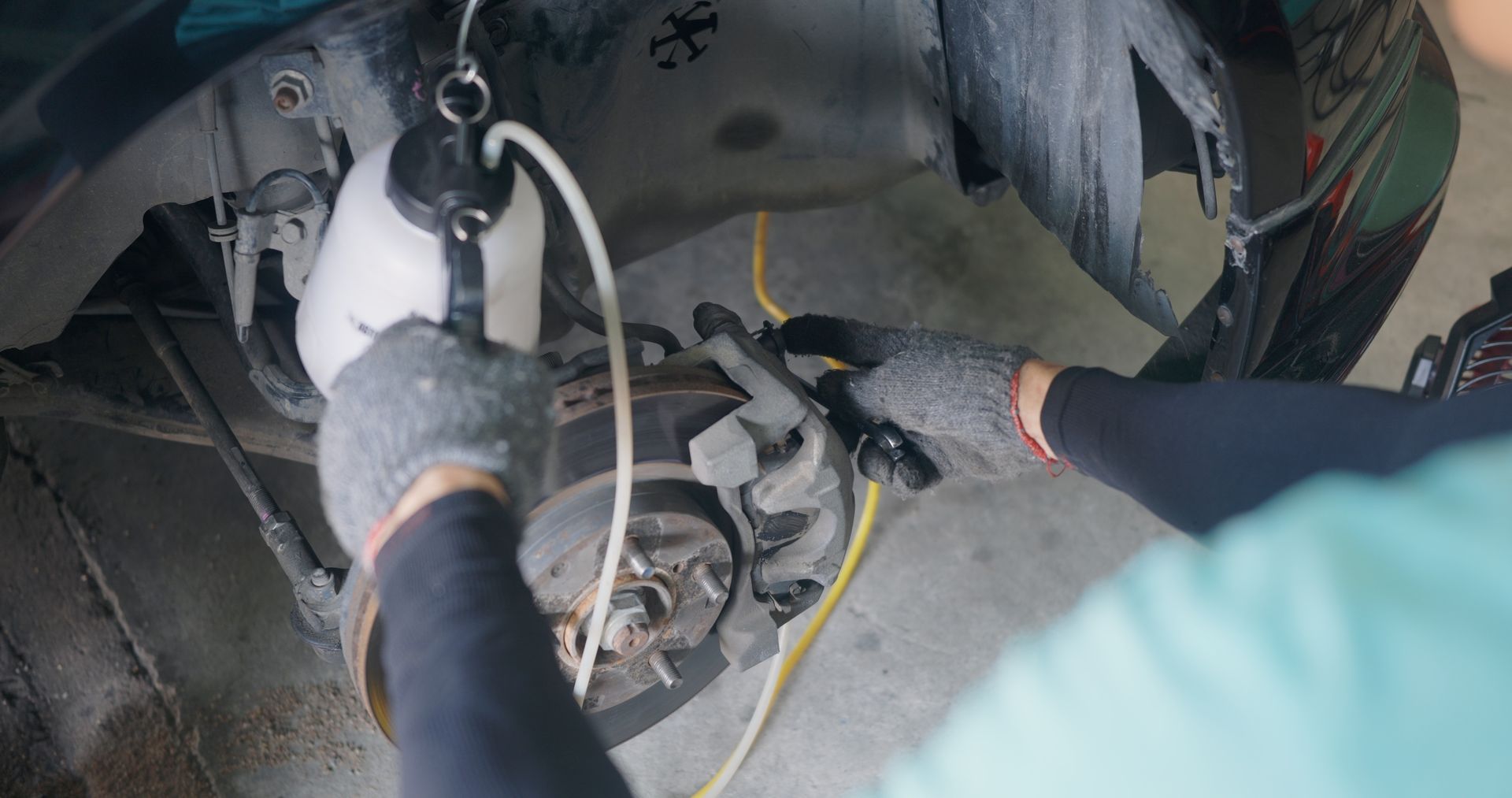Your car's brakes silently and reliably ensure your safety on the road. But, just like any mechanical component, they can only take so much wear and tear before they start showing signs of distress. Ignoring these signs can lead to dangerous driving conditions and costly repairs. So, what should you be on the lookout for?
Strange Noises
One of the first indicators that your brakes might need some attention is unusual noises. If you hear a high-pitched squeal or squeak when you apply the brakes, it's likely your brake pads are wearing thin. This sound is a built-in warning mechanism designed to alert you before the pads wear out completely.
If you ignore it, the next sound you'll hear might be a loud grinding noise. This means the brake pads are worn through, and metal is grinding against metal. Not only is this dangerous, but it can also cause significant damage to your rotors, leading to a much more expensive repair bill.
Reduced Responsiveness or Fading
Have you noticed that your brakes don't seem as responsive as they used to be? Maybe you have to press the pedal down further to get your car to stop, or it feels like the brakes are "fading" during heavy use, such as driving downhill.
This could be a sign of brake fluid leaks or air in the brake lines, compromising the hydraulic pressure that makes your brakes work. It might also indicate worn brake pads or shoes needing replacement.
Pulling to One Side
If your vehicle pulls to one side when you brake, this can be a sign of several issues. Uneven wear on the brake pads, a stuck caliper, or a brake fluid leak can cause your car to lose balance when stopping.
It's not just annoying, but it's a clear sign that your brakes need immediate attention. Uneven braking can significantly affect your vehicle control, especially in emergencies.
Vibration or Pulsation in the Brake Pedal
Feeling a pulsation or vibration in the brake pedal when you press down can be alarming. Often, this indicates warped rotors. Rotors can become warped over time due to excessive heat from heavy braking.
When the rotors are not perfectly flat, the brake pads can't make even contact, leading to a pulsating sensation. This is not only uncomfortable but also a sign that your braking system is not operating efficiently.
Warning Light on the Dashboard
Modern cars are equipped with a multitude of sensors and warning systems, including the brake system warning light. If this light illuminates on your dashboard, it's your car's way of telling you that there's a problem with your brakes.
It could be something as simple as low brake fluid, or something more serious like a malfunction in the anti-lock braking system (ABS). Either way, it's crucial to get your brakes checked as soon as possible when this light comes on.
Visible Wear and Tear
Sometimes, you can see the wear and tear on your brakes without any fancy equipment. Take a look at your brake pads through the spaces between the wheel's spokes. The outside pad will be pressed against a metal rotor.
Generally, there should be at least a quarter-inch of pad. If you see less than that, it's time to replace the pads. Also, look out for deep grooves or scoring on the rotors, which can be a sign of excessive wear.
Spongy or Soft Brake Pedal
A spongy or soft brake pedal is another clear indicator that something is wrong with your braking system. If the pedal feels soft or sinks to the floor when you press it, there might be air in the brake lines or a problem with the brake fluid.
Both issues can drastically reduce your braking efficiency and should be addressed immediately to ensure your safety on the road.
Brake Fluid Leaks
Brake fluid is vital for your braking system's functionality. If you notice any leaks under your car, specifically around the wheels or under the brake pedal, it's likely brake fluid.
Leaks can lead to a loss of hydraulic pressure, making your brakes less effective or even causing them to fail completely. If you suspect a brake fluid leak, it's crucial to get your vehicle to a professional auto technician right away.
Car Taking Longer to Stop
If your car is taking longer to stop than usual, it could be due to worn brake pads, low brake fluid, or problems with the brake rotors. This is a serious issue that needs immediate attention.
Extended stopping distances can lead to accidents, especially in emergencies when you need your brakes to respond quickly and efficiently.
Unusual Smells
A sharp, chemical odor after repeated hard braking is a sign of overheated brakes. If you notice this smell, it's important to let your brakes cool down. Overheating can cause brake fluid to boil and brake pads to glaze, both of which reduce braking efficiency. If this happens frequently, it might be time for a brake system inspection.
Recognizing these signs early can save you from expensive repairs and dangerous driving conditions. Your brakes are essential for safe driving, so don't ignore these warning signs.
Keep your car and loved ones safe. Visit
Forthright Auto Repair now for a complete brake system check and ensure your vehicle is in top shape.

